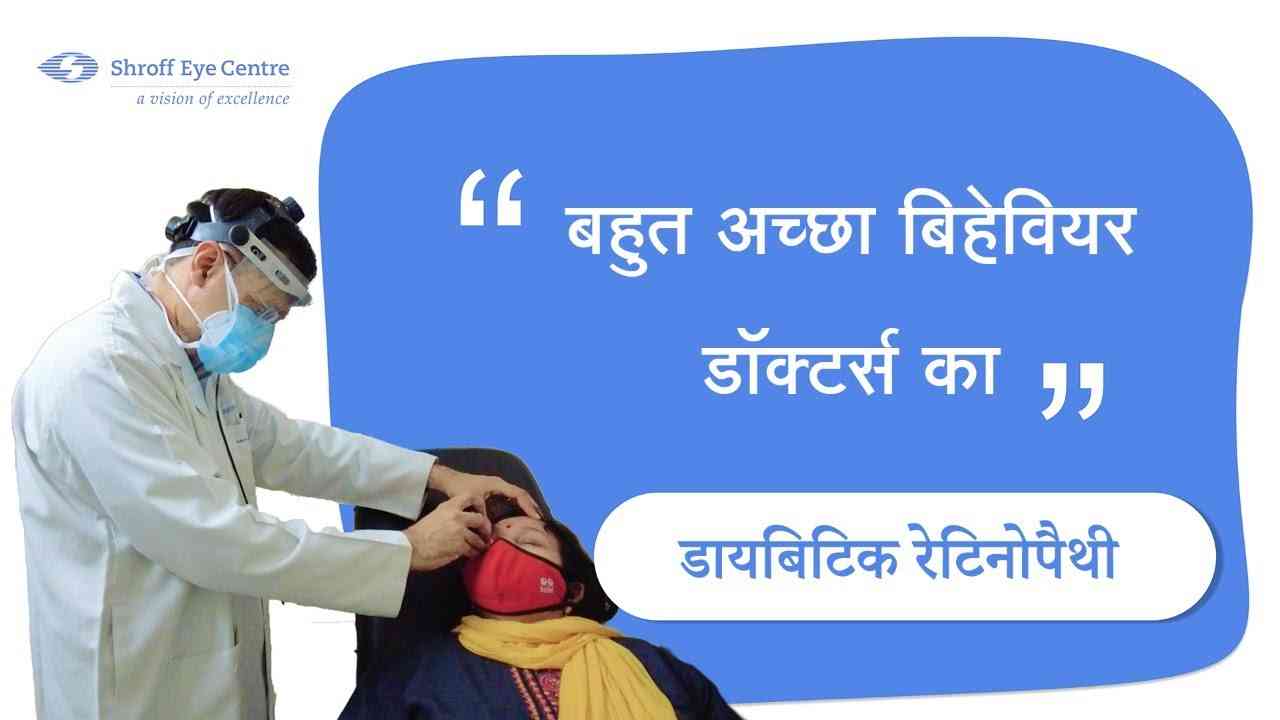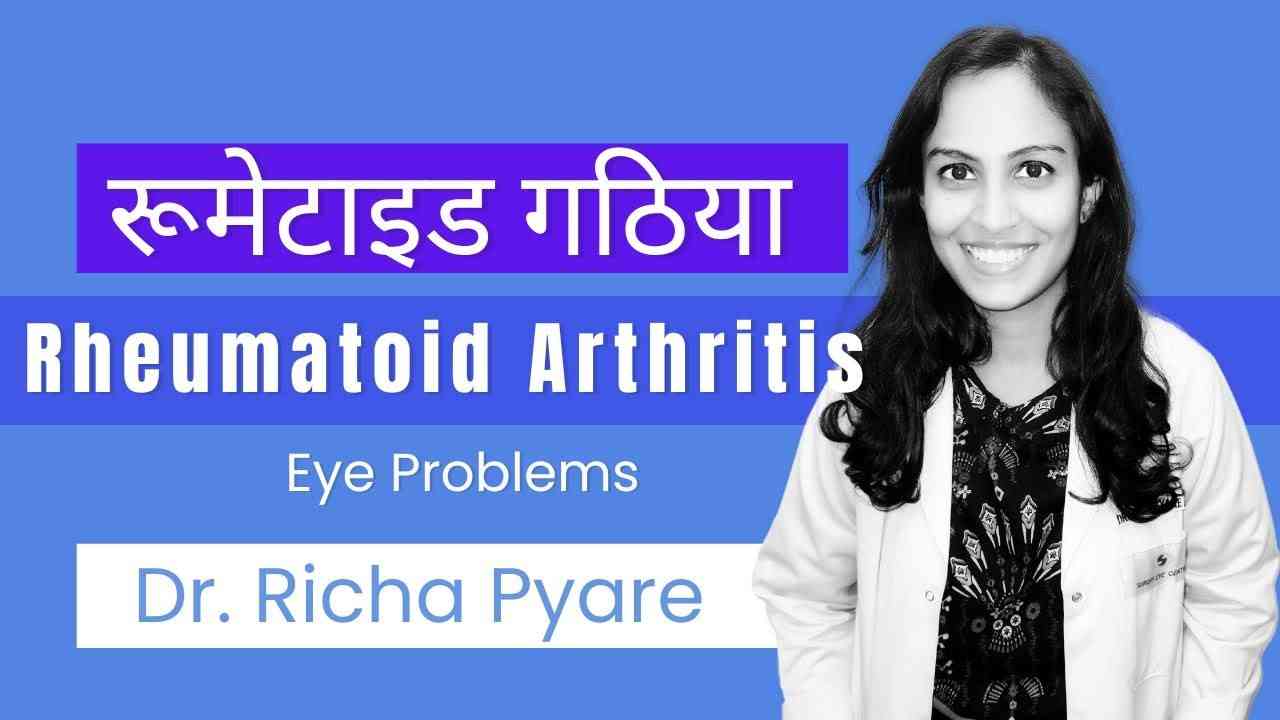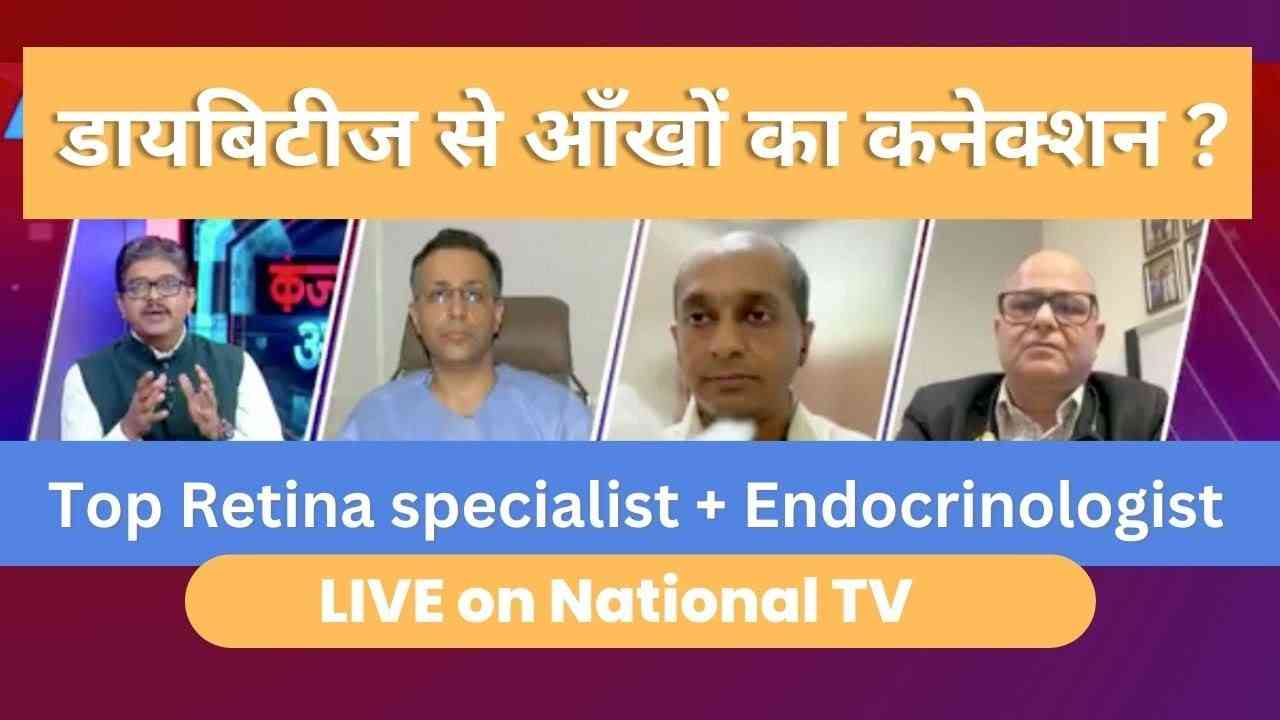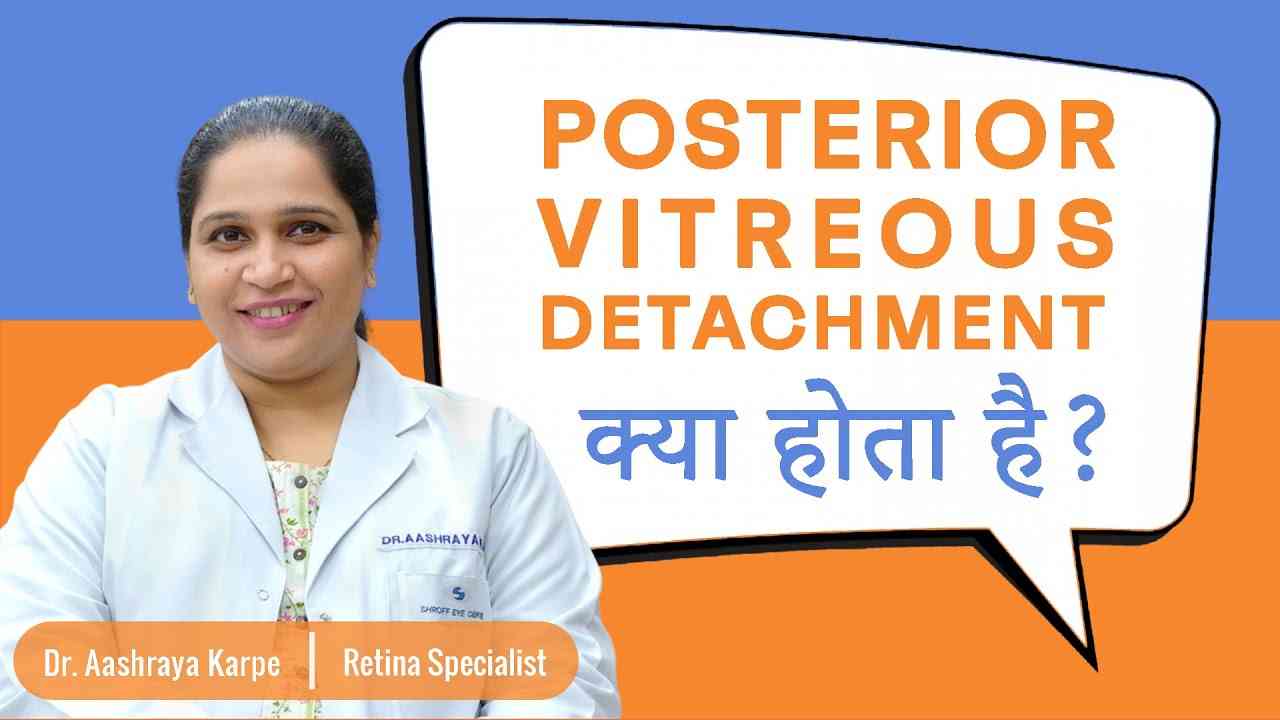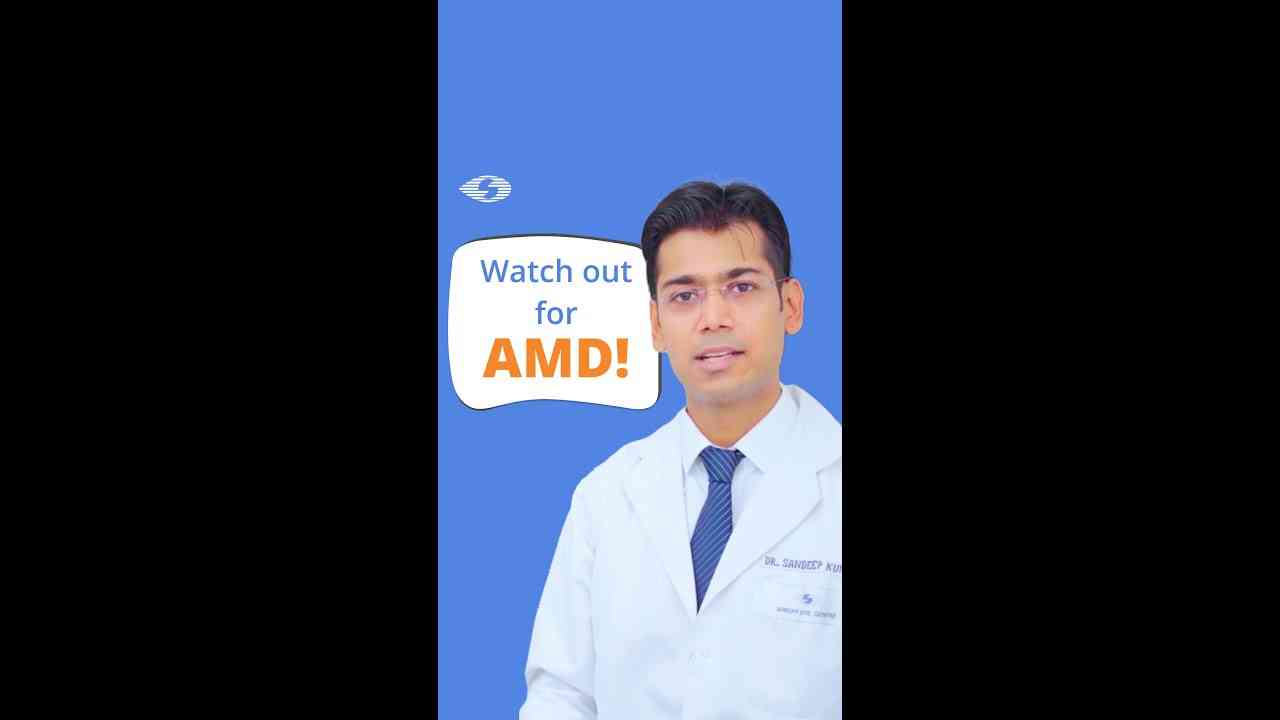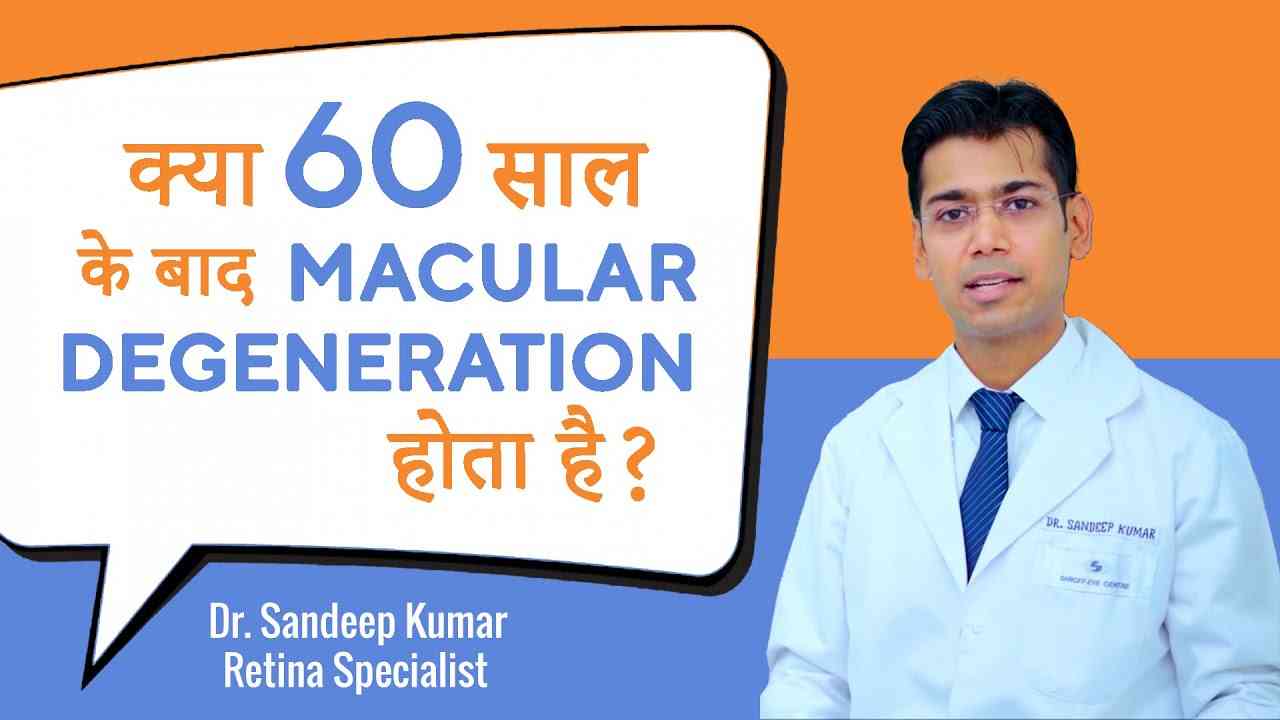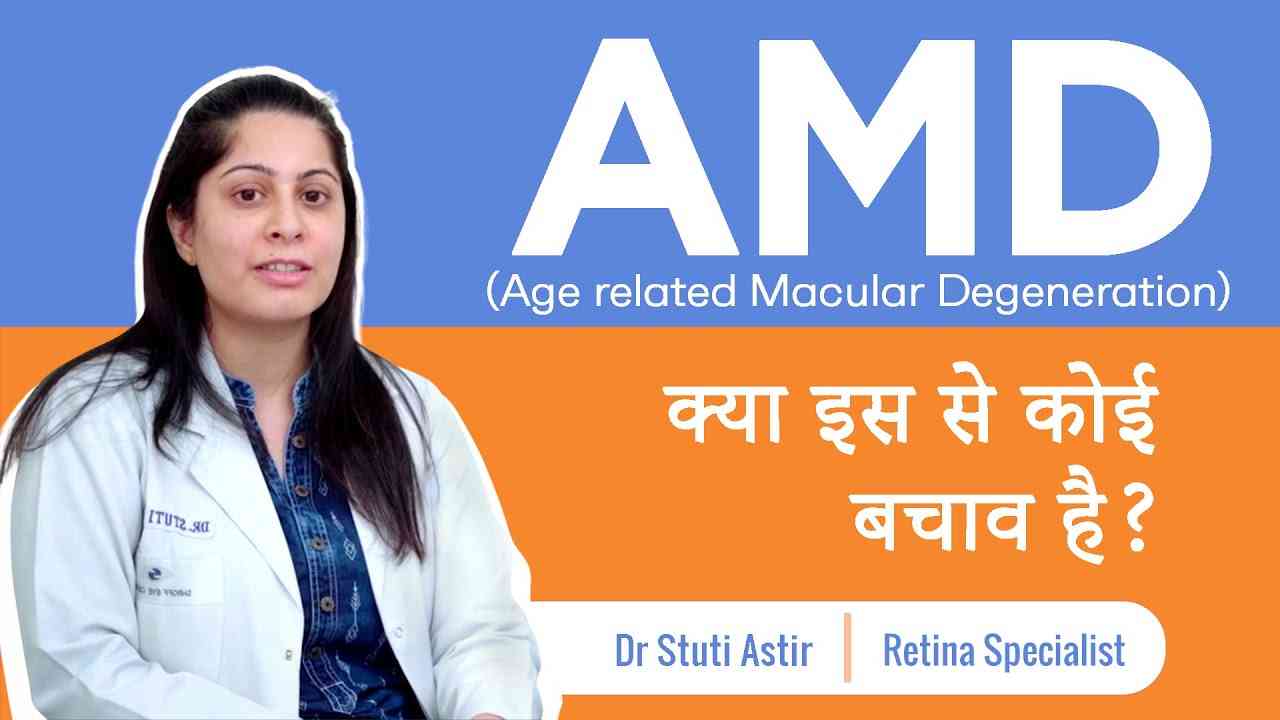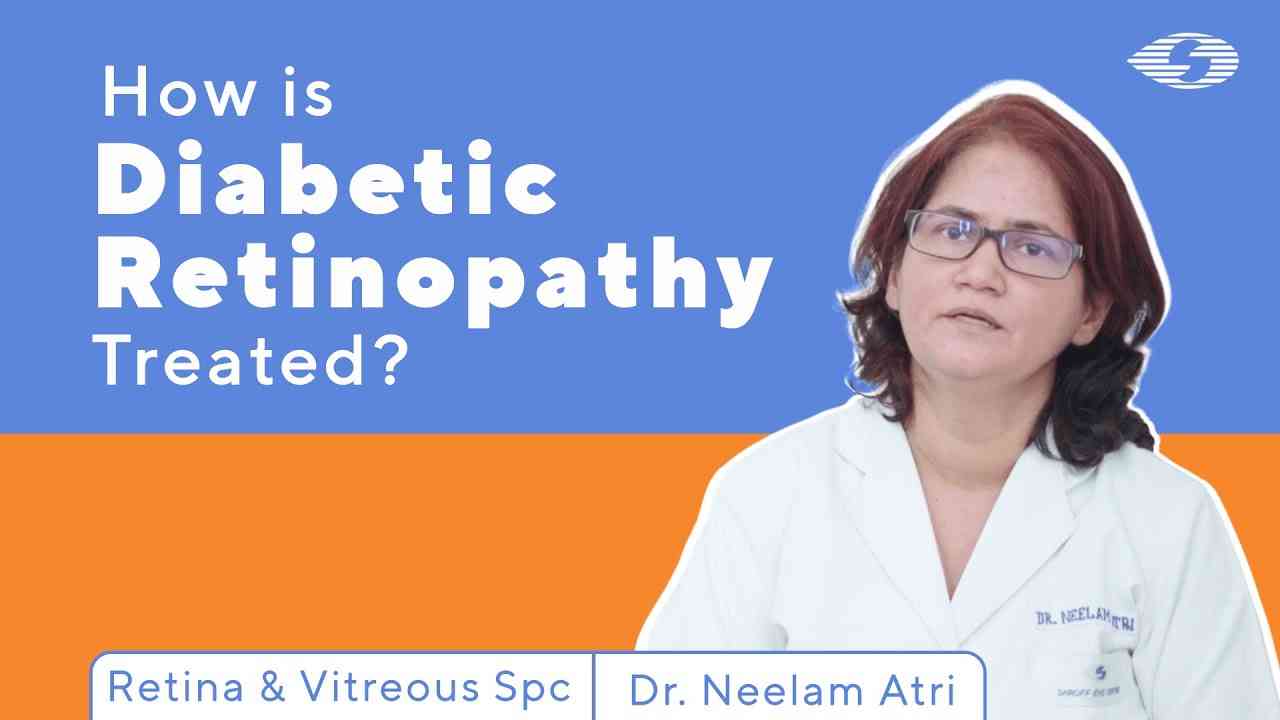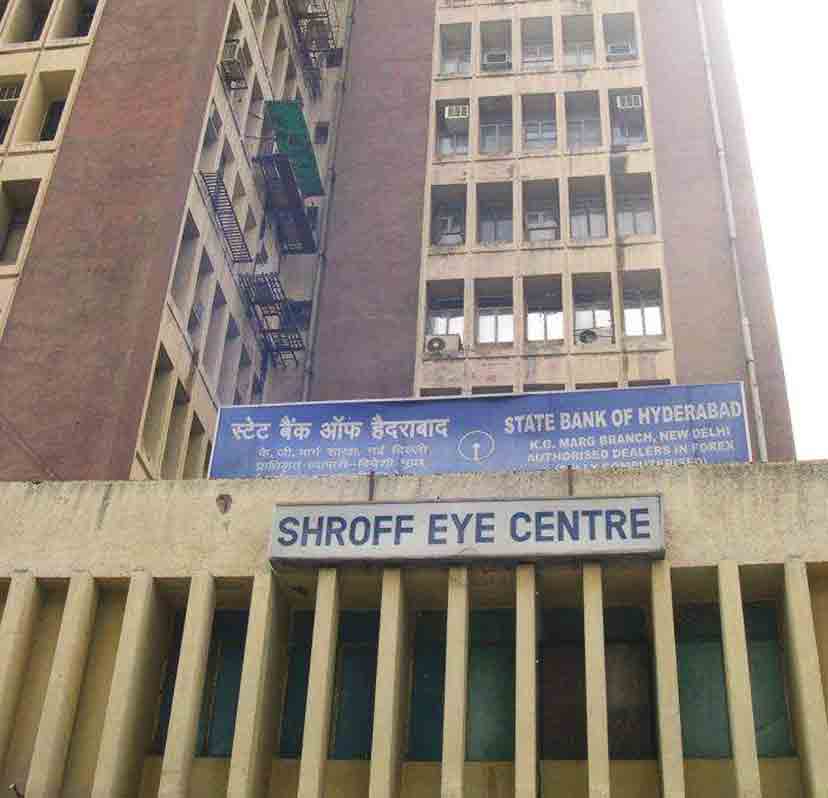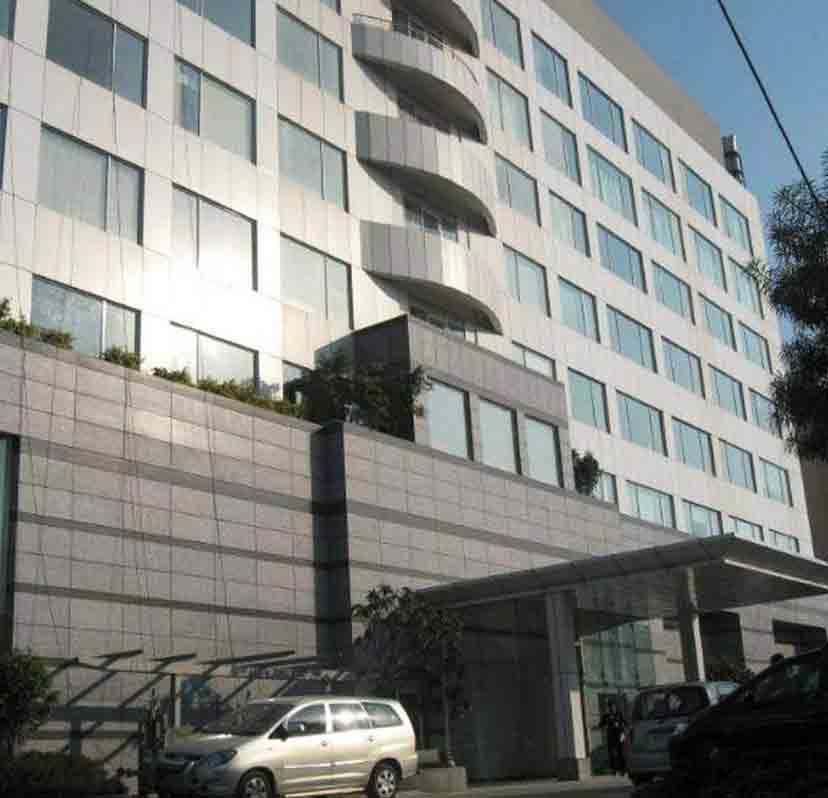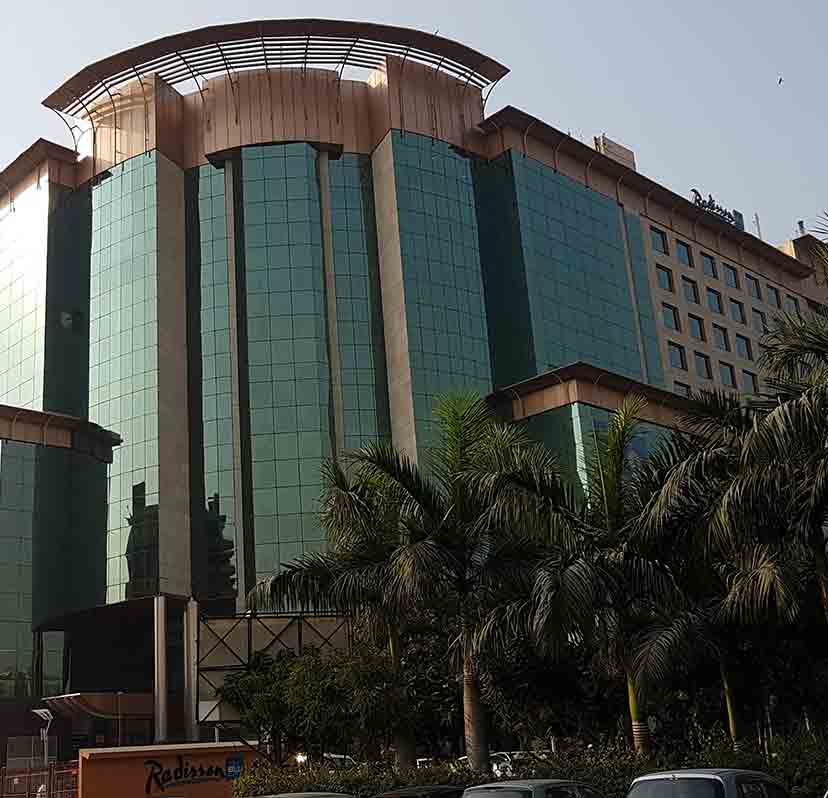
Anti-VEGF Injections / Treatment in Delhi NCR At Shroff Eye Centre
Anti-Vascular Endothelial Growth Factors (Anti-VEGF) are used to treat Wet Age-related Macular Degeneration, Diabetic Retinopathy & other diseases of the retina. The treatment may improve vision in 1 out of 3 people who take it and at least stabilizes vision in most people.
What is VEGF?
Vascular Endothelial Growth Factor is a protein produced by many cells in our body. It helps in repair after injuries and in the production of new blood vessels when our bodies requires these. Why block VEGF?

How do Anti-VEGF work?
Anti-VEGF injections help by blocking VEGF in the eye. This causes the abnormal blood vessels start shrinking & stops any further growth of vessels. They also prevent the growth of new, leaky blood vessels. This stabilizes vision in most patients.

Do intravitreal injections hurt?
An eye injection may sound scary, but the needle is very small and the injection is very quick – it’s over in a few seconds! The local anaesthesia ensures that you experience minimal pain or discomfort.
Video Blogs
Watch & Learn
FAQs
-
How many Injections do you need to take?
This is different for every patient. However, multiple injections are often required for complete inactivation of the disease process.

-
What eye problems are treated using anti-VEGF medicines?
-
Swelling of the retina called macular edema
-
Diabetic Retinopathy
-
Retinal Vein Occlusion
-
What are the names of Anti-VEGFs used?
a): Avastin (Bevacizumab) is an anti-VEGF agent approved for use in colorectal cancer. Ophthalmologists are using it “off-label” in AMD and other vascular conditions for its anti-angiogenic property. When used in the eye as an intravitreal injection, the dose is extremely small. This makes the risk of adverse systemic reactions like gastrointestinal perforation, thrombo-embolic reactions, hypertension and proteinuria, negligible. The use of Avastin is off- label but recent experience with this drug has been encouraging with most patients getting stabilized and some improvements.
b): Lucentis (Ranibizumab) is a FDA-approved anti-VEGF agent. It is a recombinant homogenized monoclonal antibody. Clinical trials with Lucentis have shown not only stabilization but also the improvement in visual acuity in some patients.
c): Eylea(Aflibercept) is newly launched FDA-approved anti-VEGF agent. It is a long acting drug so requires less frequent injections. This reduces the frequent visits. The potential benefit of this drug has been found in AMD variants like polypoidal vasculopathy.
For Intravitreal Eye Injection cost in Delhi NCR, call us today!
-
How is Anti-VEGF treatment given?
-
The eye is numbed with topical anaesthesia.
-
Your eye is cleaned to prevent infection.
-
A small clip like device may be used to keep your eyes open and eyelids out of the way.
-
Our retina specialist injects the drug through the white part of your eye using a very thin needle.
-
The injection only takes a fraction of the second. You usually do not see the needle itself.
After the injection you can go home. There are some precautions that you have to observe.
-
-
What are the risks associated with Intravitreal injections?
The procedure is relatively atraumatic and the needle used is very tiny. However, as with any procedure, it carries a small risk of post-injection infection, raised or low intraocular pressure, cataract formation, vitreous haemorrhage & retinal detachment.
In case you have a recent history of a cardiac problem, uncontrolled hypertension or severe proteinuria, you may be given systemic anti-VEGF agents instead.
Worried? Speak to the best retina eye doctors in Ghaziabad.
-
Can Anti-VEGFs reverse vision loss?
Anti-VEGFs stabilise vision in most people. They may also improve vision in one third of the people who receive treatment.
-
Will I need any other treatment?
This depends on the cause and severity of your macular degeneration or macular edema. Our eye experts will make this decision. You many need other types of treatment such as laser or surgery.
-
Why block VEGF?
Sometimes, our cells can produce excessive amounts of VEGF. This happens in some retinal conditions, where abnormal blood vessels begin to grow in the eye. These abnormal vessels can damage our eyes and lead to a loss of vision.
Anti VEGF Treatment Treatment Near You
Eye hospitals near me
-
Kailash Colony, South Delhi
A-9, Lala Lajpat Rai Rd, Block A, Kailash Colony, Greater Kailash, New Delhi, Delhi 110048 South Delhi areas- Greater kailash, Lajpat nagar, Cr park, Defence colony, Niti bagh, Saket, Noida GET DIRECTIONS
-
Connaught Place, Central Delhi
Building (1st floor, 105, Surya Kiran, 19, KG Marg, New Delhi, Delhi 110001 Central Delhi- serving Karol bagh, Rajender Nagar, Civil lines GET DIRECTIONS
-
Gurgaon
110 Bestech Chambers Radisson Suites, Block B, Sector 27, Gurugram, Haryana 122009 Haryana- Golf course road, Cyber city, Rewari, Sohna, Faridabad GET DIRECTIONS
-
Ghaziabad
509, KM Trade Tower, adjacent to Radisson Blu, Sector 14, Kaushambi, Ghaziabad, Uttar Pradesh 201010 Uttar Pradesh- Greater Noida, Ghaziabad, Merut, Bulandshahr, Hapur GET DIRECTIONS






 Call us
Call us Email us
Email us